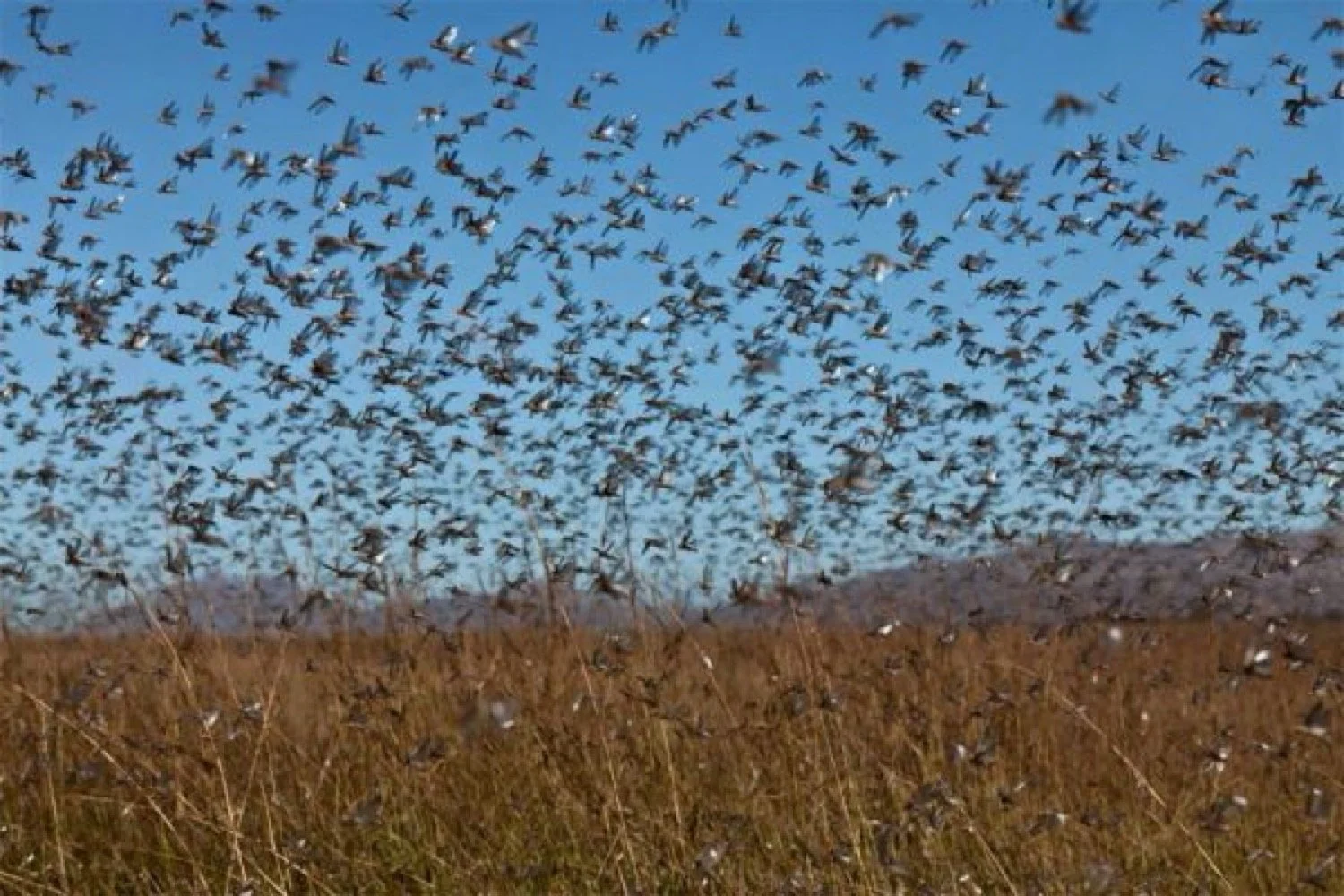Readings for today: Joel 1-3, Psalms 125
I have seen starvation up close and personal. I have sat with those who are suffering through incredible pain and hardship. I have watched their children stare off into the distance. I have wept with mothers and fathers who don’t know where to go or what to do. They are helpless. They are hopeless. It’s tough for me to imagine facing anything more difficult. Some blame God for allowing or even creating these conditions. Some blame the corruption of humanity. Some blame the broken world in which we live. I am honest enough to say I don’t have it all figured out nor did the biblical writers. Under the inspiration of the Holy Spirit, they watched what was happening in the world around them and interpreted it through a theological lens. They trusted God was at work. They knew God reigned supreme over all He had made. They believed God was faithful and true and would deliver His people but they also knew God was righteous and just and would not allow the guilty to escape judgment. All of the nations and even nature itself were simply tools God used to bring about His sovereign purposes for the world.
These are important truths to keep in mind when we read the words of the prophet Joel about the plagues of locusts that have descended on God’s people. His words have to be interpreted on multiple levels. At their most basic, they are to be taken at face value. He’s most likely referring to a literal plague of locusts that swept through Israel shortly before the writing of his book. On a secondary, more allegorical level, his words are most likely referring to a human army that will sweep in and destroy the southern kingdom of Judah. For example, locust plagues often fill the void left by the Babylonian fertility god, Tammuz, in ancient Mesopotamian liturgies and it is the Babylonians who will sweep in to destroy Jerusalem in 587 BC a couple of hundred years after the death of Joel. Finally, and most importantly, the locust plagues are symbolic of God’s judgment against His people for their sin.
So what do we take away from such readings? What possible relevance can they have for our lives today? Well, as I said above, natural disasters still take place. Starvation, famine, drought, plague are all very real in our world today. Not only that but every single human being faces pain and suffering of some kind over the course of their lives. None of us escapes the consequences of the brokenness of the world in which we live. Like the ancient prophets of Israel, I think it’s important to take time to reflect on what God may be trying to teach us in the midst of our individual, communal, or even national struggles. Is He judging us for our sin? Is He calling us to repentance and humility before Him? Is He comforting us in our afflictions? Is He delivering us from evil? Is He sending us to do the same for others? How do we experience the great and awesome Day of the Lord?
Readings for tomorrow: Amos 1-5, Psalms 126
